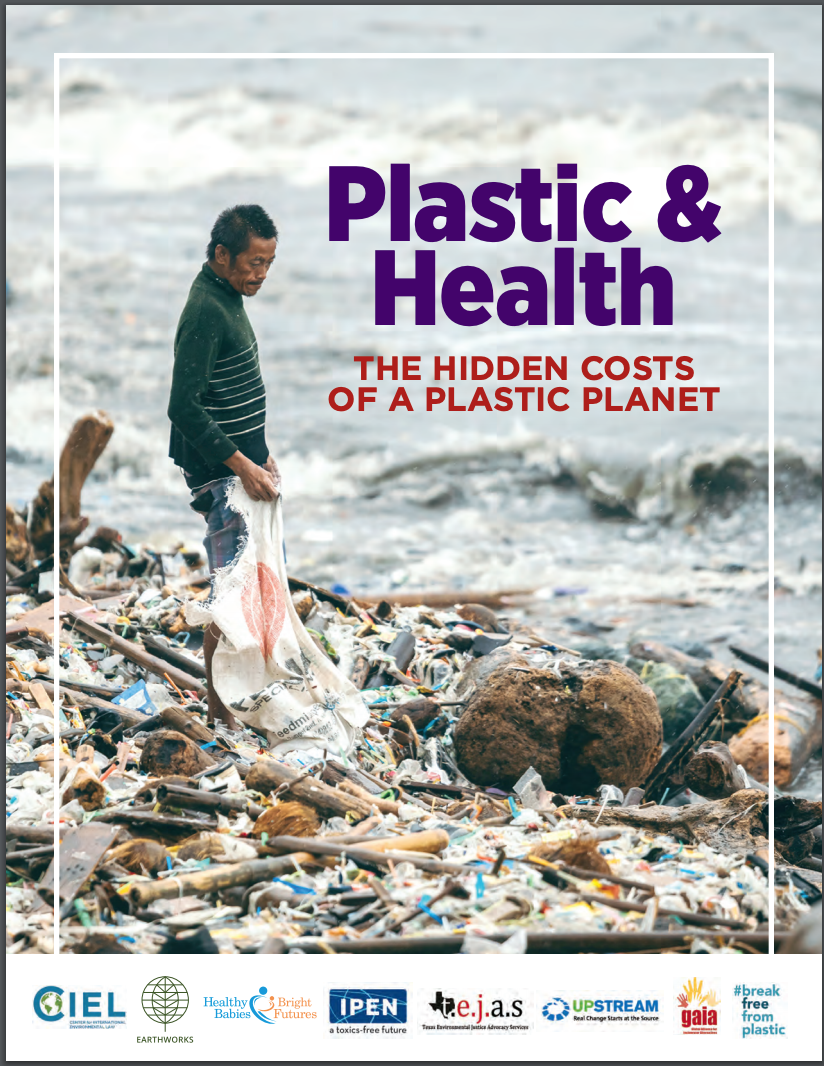Chemycal has been acquired by 3E
Learn MoreChemycal has been acquired by 3E
Learn MoreDiscover how Chemycal PRO helps you boosting your regulatory monitoring:

Washington, DC—A new report released today reveals that plastic is a human health crisis hiding in plain sight. Plastic & Health: The Hidden Costs of a Plastic Planet, authored by the Center for International Environmental Law (CIEL), Earthworks, Global Alliance for Incinerator Alternatives (GAIA), Healthy Babies Bright Futures (HBBF), IPEN, Texas Environmental Justice Advocacy Services (t.e.j.a.s.), University of Exeter, and UPSTREAM, brings together research that exposes the distinct toxic risks plastic poses to human health at every stage of the plastic lifecycle, from extraction of fossil
To date, research into the human health impacts of plastic
According to the report, uncertainties and knowledge gaps often impede regulation and the ability of consumers, communities, and policymakers to make informed decisions. However, the full scale of health impacts throughout plastic’s lifecycle are overwhelming and warrant a precautionary approach.
In
The report is divided into separate chapters that analyze individual stages within the life cycle of plastic from “extraction and transport” to “consumer use” to “plastics in the environment.” A full lifecycle approach is recommended in order to make informed decisions that address plastic risks. To reduce toxic exposure to plastic, the report stresses the need for “a variety of solutions and options” considering that “plastic has a complex lifecycle with a diverse universe of actors.”
CONTINUE READING ON www.ciel.org
2013 © MyChemicalMonitoring. ALL Rights Reserved. About Us | Terms and Conditions